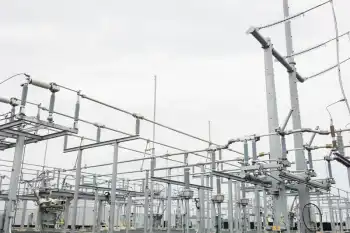Washington smart metering/demand response pilot begins
WASHINGTON, D.C. - The PowerCentsDC residential smart meter and smart pricing pilot, where 1,200 customers will use a combination of technology and innovative rate structures to reduce electricity usage, has been launched in Washington, DC.
The pilot is sponsored by the Smart Meter Pilot Program, Inc., a non-profit corporation consisting of the District of Columbia Public Service Commission, Office of People's Counsel, Consumers Utility Board, International Brotherhood of Electrical Workers, and Pepco Holdings, Inc.
It is being managed by eMeter and UtiliPoint International, Inc., which has managed the systems integration and testing in collaboration with Pepco, the local distribution utility.
The project is slated as the first in the world to test smart metering with three different advanced residential rate options: hourly pricing, critical peak pricing and critical peak rebate.
Other participants in the project are Sensus, which is providing two-way smart meters and radio network, Mincom, which is providing its SmartBill billing system, and Comverge, which is providing smart thermostats to enable participants to save through automatic, remote control of their air conditioners.
"PowerCentsDC strongly emphasizes the consumer experience," explains Chris King, president of eMeter Strategic Consulting. "The program promotes a holistic approach to energy conservation, combining prices that encourage load shifting to off peak times with tools and information that support reduced energy consumption at all times of the day. Participants should also decrease their carbon footprint using the program's features."
Related News

Ontario introduces new fixed COVID-19 hydro rate
TORONTO - Ontario residents will now have to pay a fixed electricity price that is higher than the off-peak hydro rate, which people in the province have been allowed to pay so far due to the pandemic.
The announcement, which was made in a news release on Saturday, comes after the Ontario government suspended the normal “time-of-use” billing system on March 24.
The government moved all customers onto the lowest winter rate in response to the pandemic as emergency measures meant more people would be at home during the middle of the day when electricity costs are the highest.
Now, the government has…




